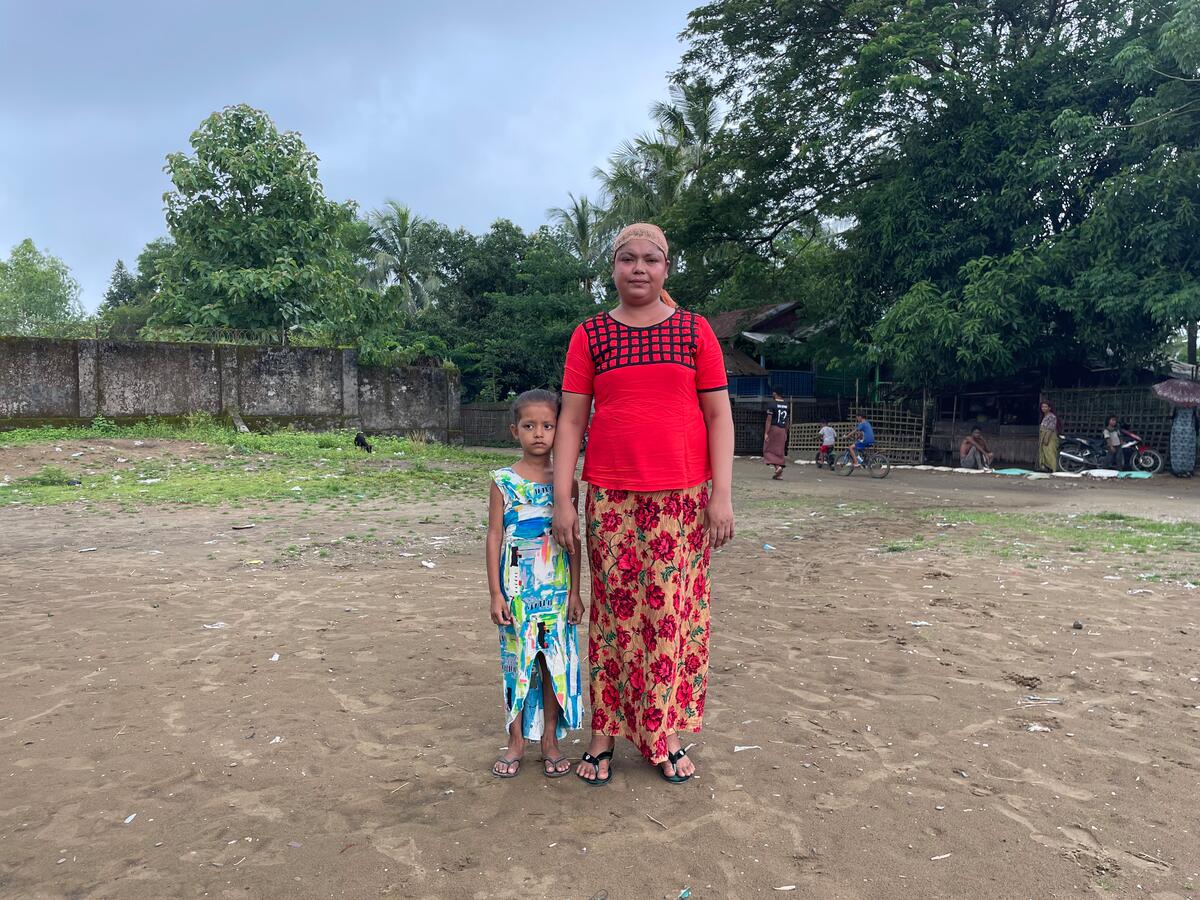Yemen: UNHCR calls for safe corridors as situation turns dramatic
Yemen: UNHCR calls for safe corridors as situation turns dramatic

GENEVA, August 28 (UNHCR) - Describing the situation in northern Yemen as dramatic, UN High Commissioner for Refugees António Guterres called Friday for opening humanitarian corridors to allow civilians to leave the conflict zone and humanitarian workers to deliver much-needed humanitarian aid to thousands of displaced people in that remote part of the country.
Fighting continues in and around Sa'ada city in northern Yemen, Andrej Mahecic, a UNHCR spokesman, told journalists in Geneva Friday. "The town has been practically cut off from the rest of the world for a week now," he said.
There were reports on Thursday of continuous fighting between Al Houthi rebels and government forces in northern Yemen, with both parties rejecting a cease fire and vowing to continue the hostilities.
"The residents, as well as those displaced in Sa'ada city, are unable to leave," Mahecic said. "The state of emergency is still in force. The markets are closed in the city, resulting in an extreme shortage of food and other commodities as well as drastic price increases. Many are living on assistance from friends and relatives who had been able to store food."
Fighting continues in and around Sa'ada city in northern Yemen. The town has been practically cut off from the rest of the world for a week
now.UNHCR Spokesman Andrej Mahecic
Last week UNHCR appealed to donor governments for an extra $5 million (on top of its annual $22 million budget for operations in Yemen) to cope with the escalating crisis. To bolster its ability to provide immediate help to the internally displaced people (IDPs), the refugee agency is deploying a three-member emergency team which includes protection, logistics and site planning experts.
Inside northern Yemen, the Al Anad camp in Sa'ada is off limits. The other three sites for IDPs are still open but are becoming overcrowded as civilians flee the violence. Together with the authorities, UNHCR has registered 700 families in Sa'ada city "and if security permits we plan to distribute initial aid to some 370 families tomorrow," Mahecic said.
In neighbouring Amran province, 60 percent of displaced are women and children. Some reported they lost documents as they fled, others are traumatized, and most left in a rush, leaving behind almost all personal belongings. Many are now living schools, clinics, hangars and barns.









